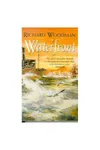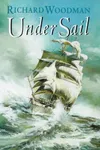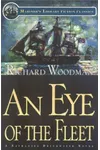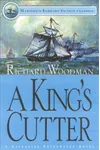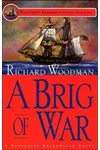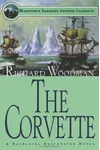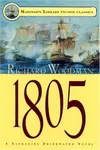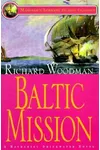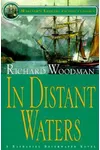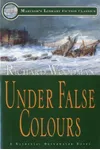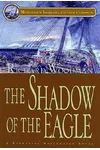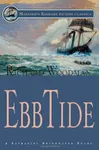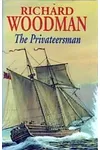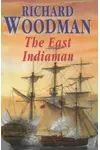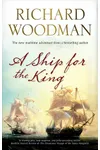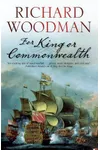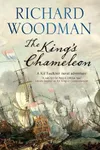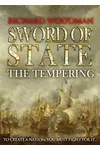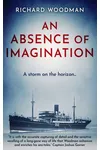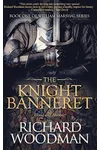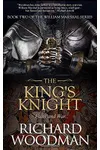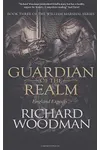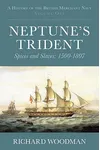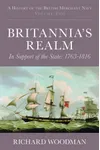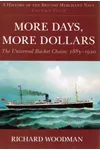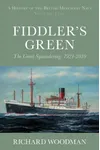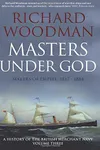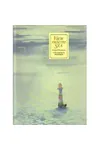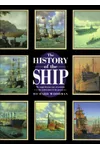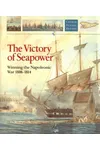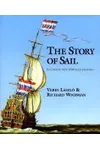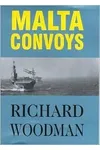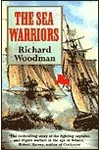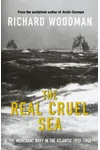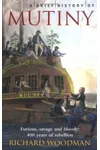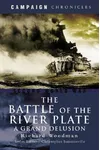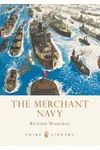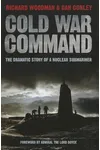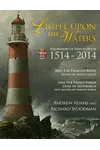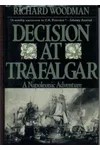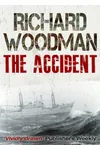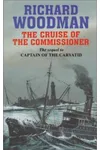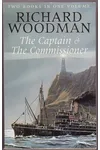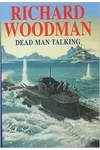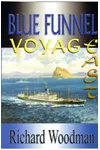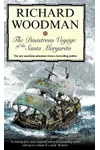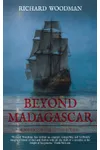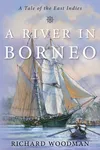Picture an English seafarer who swapped ship decks for storytelling, weaving tales that pulse with the salt and spray of the high seas—meet Richard Woodman! Born in London in 1944, Woodman transformed his 37-year career as a merchant navy officer into a literary legacy, crafting historical naval fiction and nonfiction that captivate readers with their authenticity and adventure.
From his Nathaniel Drinkwater series to his meticulous histories of the British Merchant Navy, Woodman’s work is a love letter to maritime life, informed by his own voyages. Let’s set sail through his life, works, and enduring impact!
The Making of Richard Woodman
Richard Martin Woodman was born on March 10, 1944, in London to Douglas and Rosalie Woodman. A self-described poor student, he failed most of his O-levels but found his calling at 16, joining the Blue Funnel Line as an indentured midshipman. His early years at sea, including time with the Ocean Weather Service and Trinity House, shaped his deep understanding of maritime life. By 1982, he commanded the Trinity House vessel Patricia, a role that fueled his vivid storytelling. Woodman began writing at sea, turning his experiences into fiction and history, retiring in 1997 to write full-time.
Richard Woodman’s Unforgettable Stories
Woodman’s flagship work is the 14-novel Nathaniel Drinkwater series, which follows a fictional Royal Navy officer through the Napoleonic Wars. The series kicks off with An Eye of the Fleet (1981), where Drinkwater’s courage is tested during the 1780 Moonlight Battle. Praised for its historical accuracy and gripping action, the series blends naval strategy with human drama, earning comparisons to C.S. Forester and Patrick O’Brian.
Beyond Drinkwater, Woodman penned the William Kite trilogy, starting with The Guineaman, a thrilling tale of a young man fleeing a murder charge to join a slave ship. His nonfiction shines in works like the five-volume A History of the British Merchant Navy and a trilogy on World War II convoys, including Arctic Convoys: 1941–1945. Woodman’s style—rich with nautical detail and grounded in his seafaring expertise—brings history to life, making readers feel the creak of rigging and the sting of sea spray.
His prose is both accessible and evocative, weaving complex characters into meticulously researched settings. Whether exploring 18th-century naval battles or the heroism of merchant seafarers, Woodman’s stories resonate with authenticity and adventure.
Why Richard Woodman Matters
Woodman’s impact lies in his ability to humanize maritime history. Unlike many naval novelists, his real-world experience—11 years in command at sea—lent unmatched credibility to his work. His fiction introduced readers to the gritty realities of naval life, while his nonfiction, like his award-winning convoy studies, elevated the unsung heroism of merchant seafarers. Awards like the 2005 Anderson Medal and 2010 Thomas Gray Medal underscore his scholarly contributions.
Woodman’s legacy endures through his 70+ books and his influence on historical fiction. His vivid storytelling continues to inspire readers and writers, keeping the spirit of the sea alive. He passed away in 2024, but his tales sail on.
- Born: March 10, 1944, London, England
- Key Works: Nathaniel Drinkwater series, A History of the British Merchant Navy
- Awards: Barbara Harmer Award (1978), Anderson Medal (2005), Thomas Gray Medal (2010)
- Died: October 2, 2024
About Richard Woodman
Ready to navigate the high seas? Grab An Eye of the Fleet and dive into Richard Woodman’s thrilling world of naval adventure!
